14. Krystyna Janda – Interrogation

Ryszard Bugajski’s Polish masterpiece is one of the great cult films of the 1980s. Banned in Poland by the Communist government, it found its release possible after the dissolution of the Eastern Bloc in 1989. It was secretly distributed by its director via VHS tapes, thus the cult status.
There is nothing that is neatly resolved in this somber film. Krystyna Janda plays Tonia, a cabaret singer in post-world War II Poland under Stalinist authorities who is arrested to be interrogated for information on one of her lovers who is now a political prisoner. As we see her desolate life unfold, and are acquainted with the stories from her difficult past, Bugajski’s small film crafts the intricacies of the complicated life of a woman who only seeks short-lived joys, for she has never seen contentment.
Janda looks like she’s in a Bergman film. She understands how much more important the text is than her delivery of it, and yet transports the audiences to a different time, to bear with her the agony she’s feeling, judiciously peeling layer after layer of her character’s resolve. The weight of her loss is undesirably evident to us, and we have no choice but to comprehend and accept it.
13. Tony Leung Chiu-Wai – In the Mood for Love
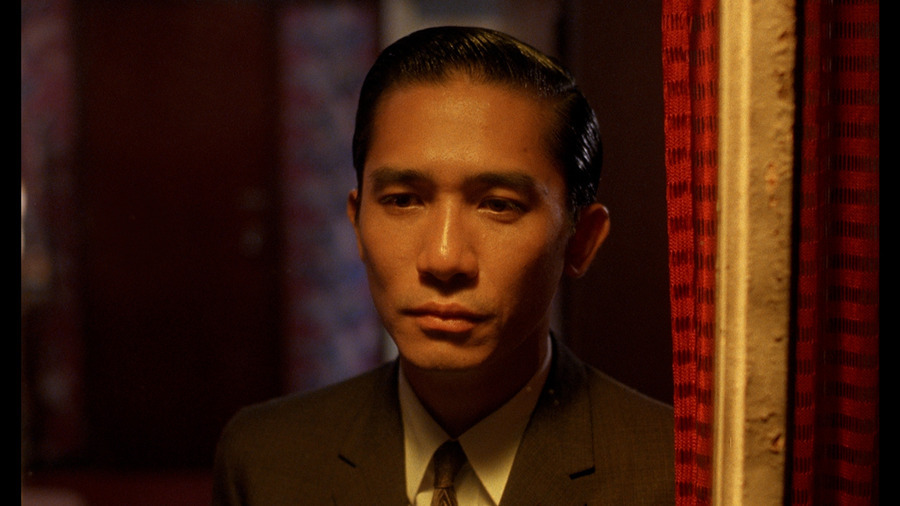
Now frequently listed among the greatest films of all time, the credit of Wong Kar-Wai’s unqualified success can be divided squarely among the filmmaker, his DP and those two flawless performances that by turns hide and reveal the most vulnerable blemishes and innocence of their characters. Moving in its own graceful, languid pace, the film has become an undeniable, highly stylised cinephile favorite.
Leung has worked with Kar-Wai on multiple occasions, but their partnership has never yielded as effective results as they do in this one. Leung plays Chow Mo-wan, a journalist, who discovers his wife is cheating on him with the husband of his next-door neighbor. This neighbor and Chow then begin to form a bond; initially trying to discover how their respective spouses must have fallen for each other, before they do the same themselves.
Leung’s tranquil sincerity underlines Chow’s sadness, before his friendship with Su leads to periodic, brittle exhibitions of joy, even as the realization of the only direction things could go with them simmers around in his eyes. In the busy, conservative, gossipy Hong Kong, Chow’s mellow devotion to Su conveys a depth of nearly life-affirming magnitude, thanks to the dexterously realized work of Leung.
12. Norma Aleandro – The Official Story

Luis Penzo’s “The Official Story”, like most auteur work covering a certain politically charged period, is at its core a personal story. While films like Spielberg’s “Schindler’s List” weave a tale of heroism and attempt to subsume all details from the period they’re set in, films like these prefer to make the agony infinitely more specific and as a consequence succeed better in a more nuanced rendition of the issues facing the people of a particular setting and time.
“The Official Story” is centered on two doting parents of an adopted child whose family life begins to unravel when the mother starts having doubts about where their daughter came from.
Set in Argentina of the 1980s that was nearing the end of the country’s military dictatorship, Alicia, the mother apprehends that their daughter Gaby was born to someone who had probably been forced to leave the country. As she begins to investigate the issue, we see her contemplating the pain of losing a child and a home and become determined to find who Gaby’s birth parents were.
Norma Aleandro, a veteran Argentinian actress, plays Alicia with a haunting attention to detail. It works as an aching piece of composition, with all the mammoth emotion pushed deep inside, so that when she hits the high note, the transformation is eclectic. There are no sappy mishaps, and the film never resorts to making any unambiguous claims, but through Aleandro’s performance, makes every revelation profoundly significant to our understanding of the period.
11. Juliette Binoche – Certified Copy
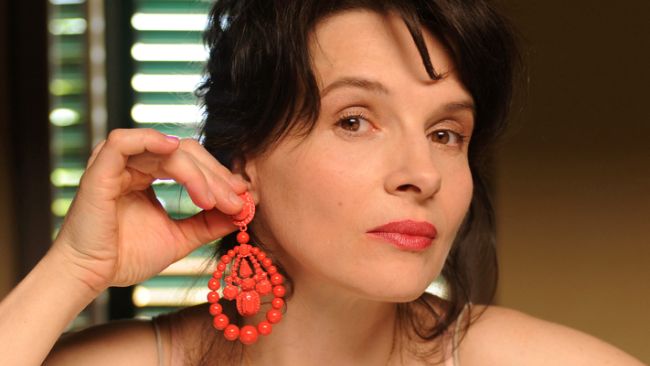
Oscar winner Juliette Binoche has always been a source of intrigue and mystery. From her early work in “Rendez-vous”, “Bad Blood” and “The Unbearable Lightness of Being” to the heart-stopping grace of her performance in “Three Colors: Blue”, Binoche’s fiery, authoritative sensibilities lend themselves to such passionate double-whammy of strength and vulnerability, that it makes every scene she’s in indescribably irresistible.
In Abbas Kiarostami’s pristine “Certified Copy”, she plays a woman distraught with her waning ability to control her relationship with her son. She meets the author of a book who is interested in antiques and she shows him around Tuscany.
Their conversations range from the focus of his book to being a parent and somewhere, suddenly they start to talk like they’ve been married for ages. They alternatively confront each other and console each other, the reality of their relationship soon becoming inconsequential to them and to us.
Binoche’s astonishing lack of vanity and the sheer authenticity in making the ambiguity of the film entirely conceivable makes for the crowning achievement of an intimidating career. Her tenderness is as natural as her anger, both so deviously intense and raw, that through the immediacy of her performance, charted in tense, momentary flickering of an eye and brief physical gestures, the actress’s identity completely slip away, giving way to an uncontaminated study of the complexities of her character, and the universal truths therein.
10. Jack Nicholson – The Last Detail
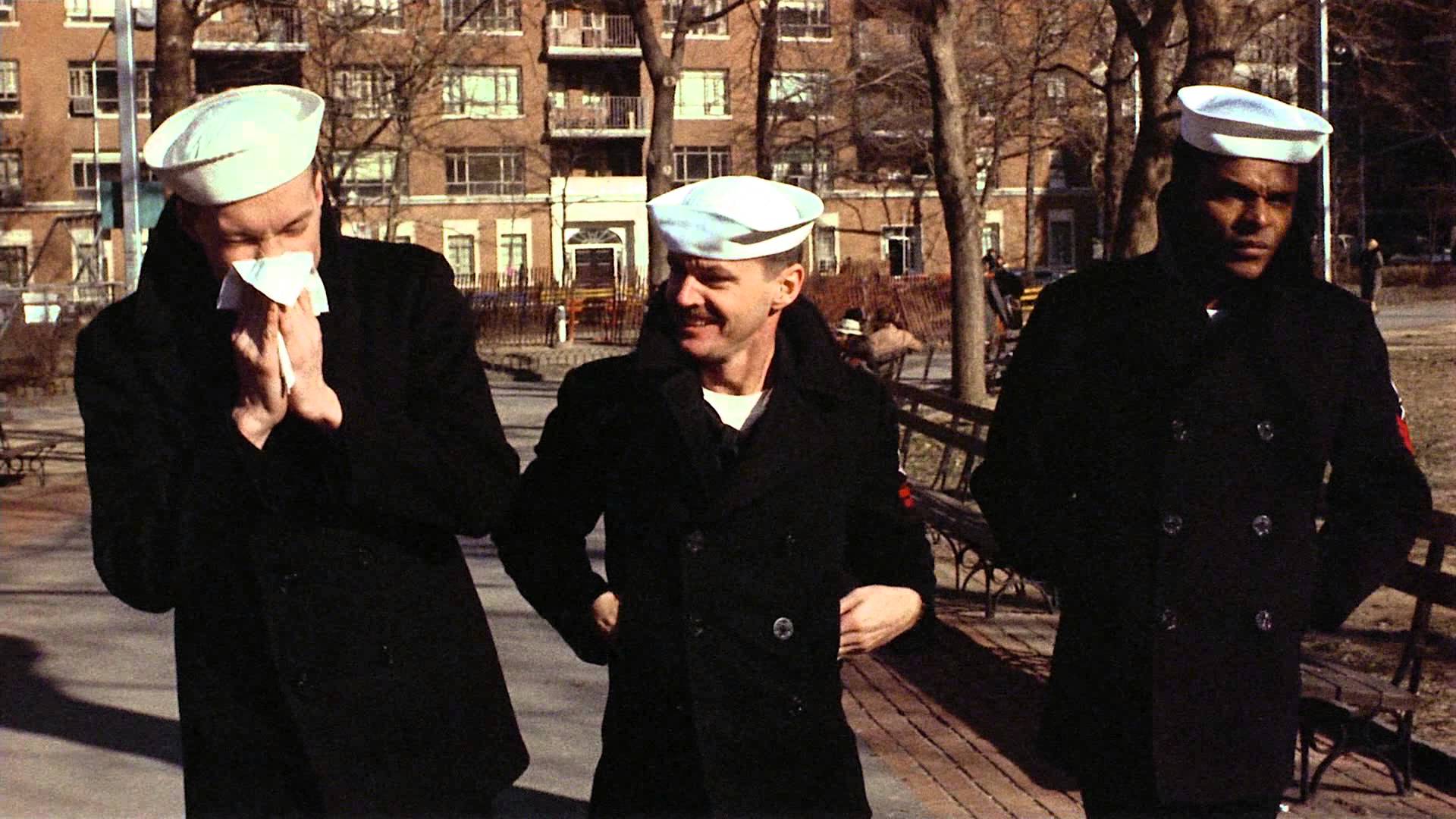
Hal Ashby’s particular brand of feisty, witty, wryly sentimental films has led to brilliant results in “Being There”, “Harold and Maude”, and “Shampoo” and while not the best of the bunch, “The Last Detail” efficiently and accessibly categorizes his abilities to any viewer.
The film is about two Navy “lifers” as they escort a young sailor convicted of a petty crime to a Naval Prison. Initially dismissive of their duty, the men begin to care for their companion, and their adventures together make this an exhilarating romp of a film.
Nicholson’s high-wire act of lively, whip-smart comedy and exploiting his demonstrative voice and expressions to convey the complexity of the man he’s playing and in some parts, the lack thereof, succeeds in reimagining what a protagonist of a Hollywood production was supposed to do: conform to a humanistic reality, while expanding this honesty to cinematic proportions.
9. Guieletta Masina – Nights of Cabiria
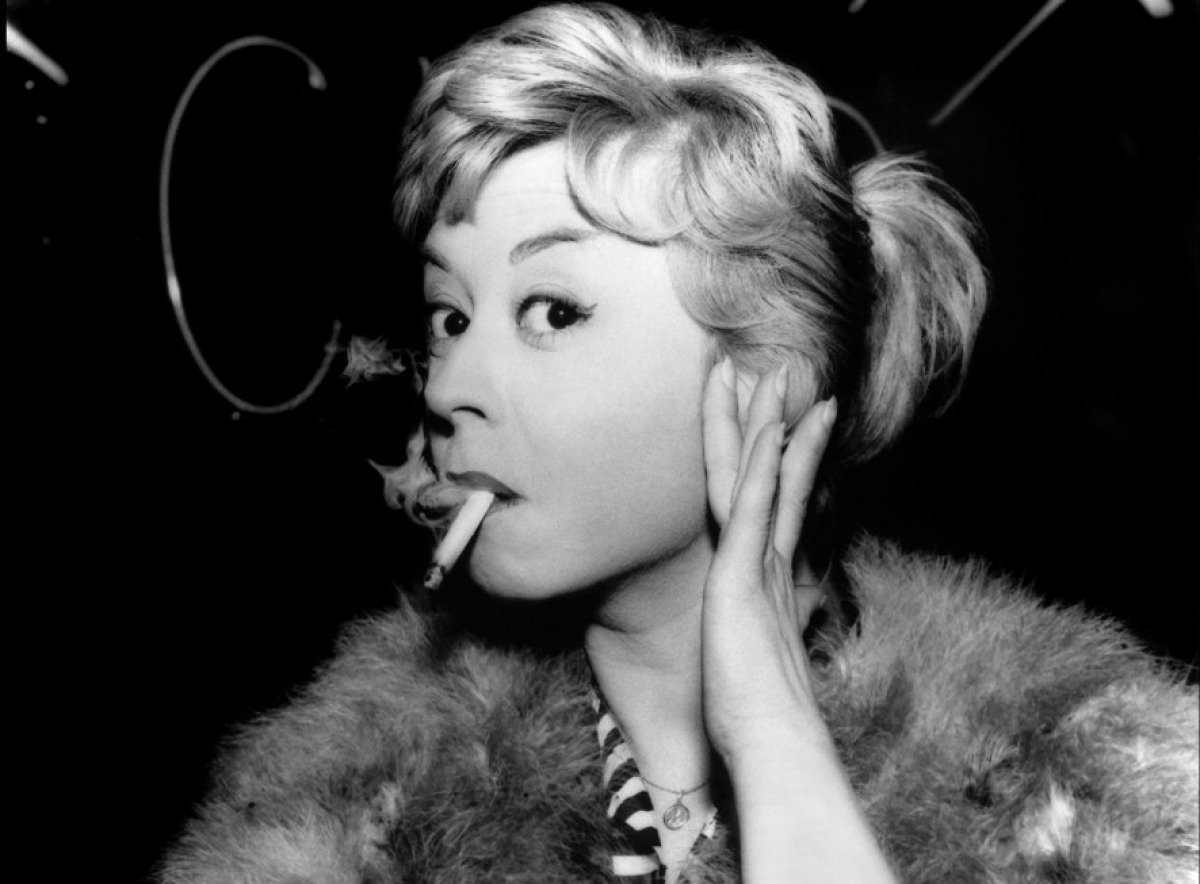
Fellini’s magnificent career has frequently been divided into the pre -“8 1/2” and post – “Amarcord” periods and then there’s everything in between. From the first classification, perhaps his most hypnotizing achievement is “Nights of Cabiria”, whose deep melancholy is matched by an equally poignant joy: something that can be used to describe Guieletta Masina’s indelible central performance.
Pulsating with vivid, appreciable heartiness, Masina’s work here is representative of the old-world charm of acting without holding anything back. It’s a performance that is bursting with heart and sorrow, and yet whenever her Cabiria smiles, it feels as if few others could be as content as she has the capacity to be. Her life may not look fulfilling if you see her standing lonely in the street outside a nightclub, but give her a transient moment of gratification, and her eyes well up with the joy of a lifetime.
8. John Turturro – Barton Fink
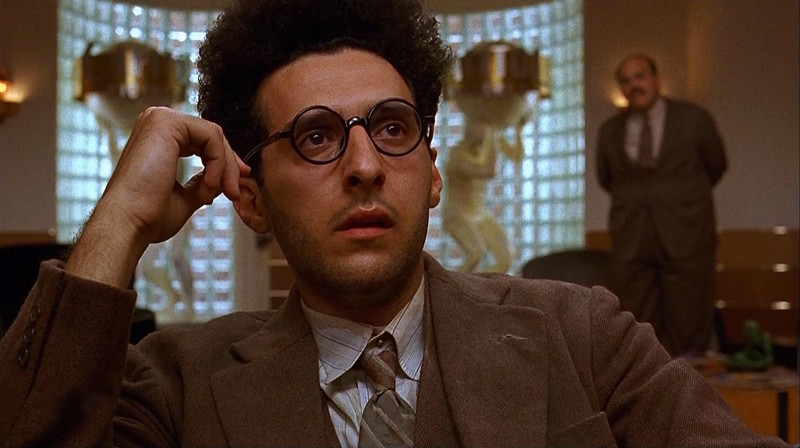
Along with being one of the most awarded films in the history of Cannes, “Barton Fink” is also widely considered to have one of the greatest film endings of all time. Starring John Turturro as the titular Barton, a newly discovered screen writer who faces a writer’s block he can’t seem to get rid of, and as everything around him seems to be collapsing unto him, we journey through his head to confusing, but highly rewarding dividends.
Turturro’s wide-eyed, straight-faced Barton is intriguing enough a persona for ten good films, and manages to fill this brilliant one with a sense of surrealism and mystery. It is essential in films like these where a single actor is almost in every frame, that he be a worthy companion in the journey, and Turturro’s cataclysmic grasp of all of the narrative’s intentions is immensely delightful and memorable.